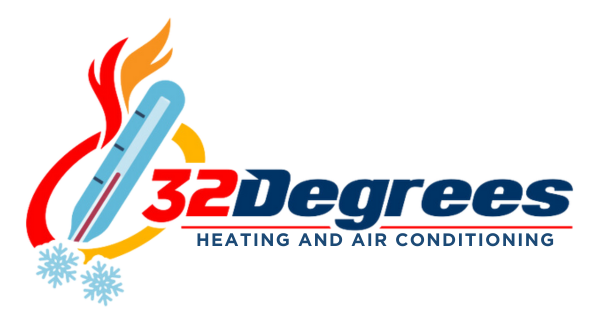The Role of Airflow in HVAC Efficiency: Ductwork, Registers, and Filters Explained
When it comes to your HVAC system, airflow isn’t just important—it’s everything. Without proper airflow, your system struggles to keep your home comfortable, wastes energy, and even risks long-term damage. But what exactly affects airflow, and how do components like ductwork, registers, and filters play a part? Let’s break it down.
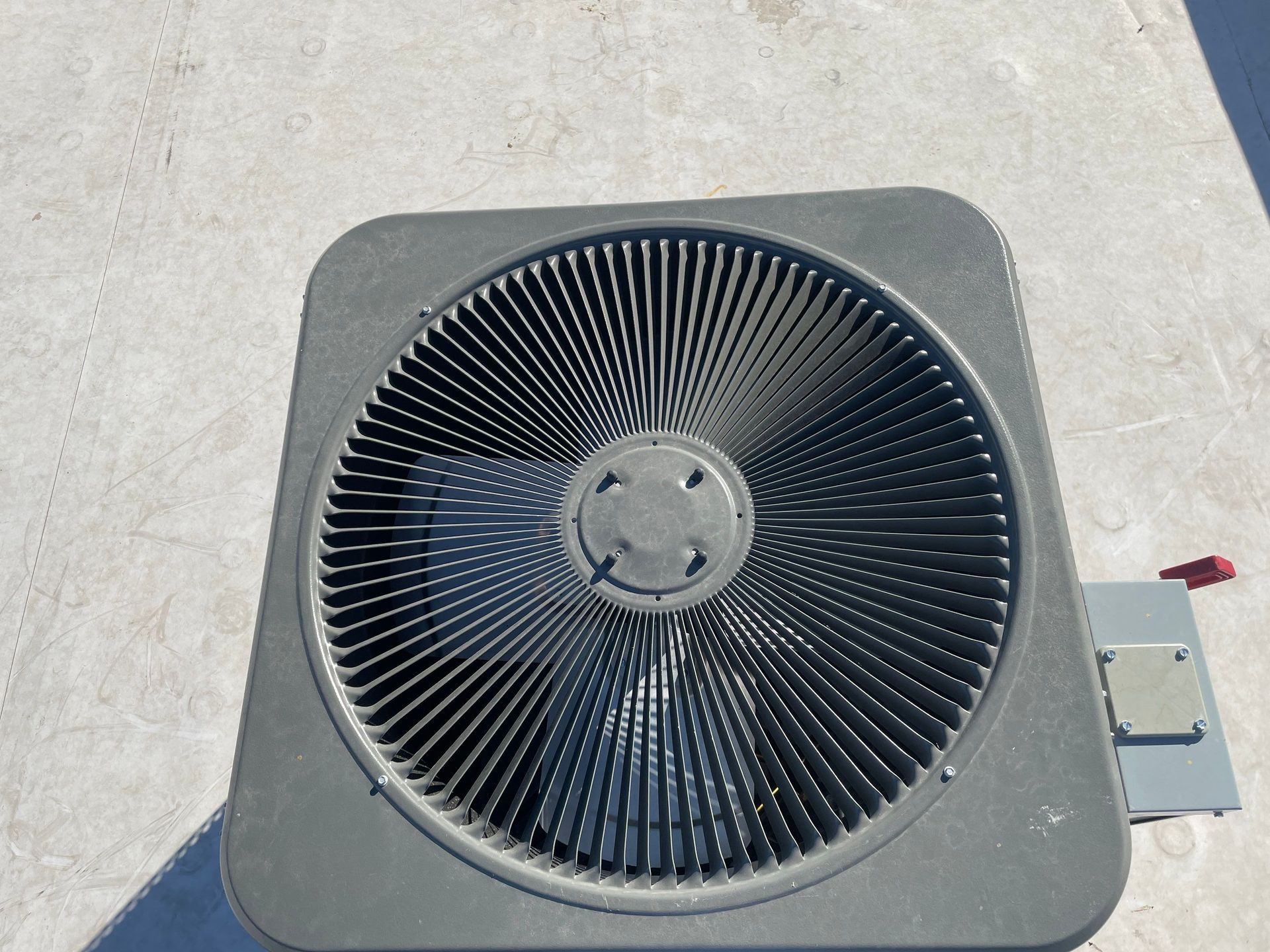
Why Airflow Matters
Your HVAC system works by circulating air throughout your home, delivering conditioned air to every corner. Proper airflow ensures your system can heat or cool efficiently, maintain even temperatures, and avoid unnecessary strain.
When airflow is disrupted, you’ll notice it—some rooms stay uncomfortably warm or cold, your energy bills creep higher, and your system works harder than it should. Over time, this can lead to wear and tear, reducing the lifespan of your equipment.
Ductwork: The Highways of Your HVAC System
Your ductwork is like a network of highways, carrying air from the HVAC system to every room in your home. If the “roads” are in poor shape, the air won’t reach its destination efficiently.
- Leaky Ducts: Over time, gaps, cracks, or loose connections can develop in the ducts, allowing conditioned air to escape into attics, walls, or basements. This not only wastes energy but also makes it harder to maintain consistent temperatures.
- Blocked or Dirty Ducts: Dust, debris, and even pests can clog your ducts, restricting airflow. This forces your HVAC system to work harder, increasing energy use and wear on components.
What You Can Do:
- Have your ducts inspected and sealed to prevent air leaks.
- Schedule regular duct cleaning to keep airflow unrestricted.
Registers and Vents: The Final Stop for Air
Registers and vents are where the air leaves the ducts and enters your living spaces. They play a critical role in directing airflow, but they’re often overlooked.
- Blocked Registers: Furniture, rugs, or curtains can block vents, disrupting airflow and making your system work harder to heat or cool the room.
- Closed Vents: Some homeowners close vents in unused rooms to save energy, but this can backfire. Closing too many vents creates pressure imbalances, which can strain your system and reduce efficiency.
What You Can Do:
- Keep all vents and registers clear of obstructions.
- Avoid closing too many vents, as it can disrupt airflow throughout the system.
Filters: The Gatekeepers of Clean Air
Air filters might seem like a small part of your HVAC system, but they have a huge impact on airflow and efficiency. Filters trap dust, dirt, and allergens, keeping your air clean and your system running smoothly.
- Clogged Filters: A dirty filter restricts airflow, forcing your HVAC system to work harder to push air through. This not only increases energy consumption but also puts extra strain on your blower motor.
- Choosing the Wrong Filter: High-efficiency filters are great for trapping small particles, but if they’re too restrictive for your system, they can reduce airflow and strain your equipment.
What You Can Do:
- Replace filters every 1-3 months, or more often if you have pets or allergies.
- Use the right filter for your system. Check your manufacturer’s recommendations for filter type and MERV rating.
Signs of Poor Airflow
How can you tell if your HVAC system has an airflow problem? Here are some common signs:
- Uneven Temperatures: Some rooms feel too hot or too cold compared to others.
- Weak Airflow: The air coming from your vents feels faint or barely noticeable.
- Rising Energy Bills: Your system runs longer to compensate for inefficient airflow, driving up costs.
- Frequent Repairs: Overworked components are more likely to fail, leading to more frequent breakdowns.
If you notice these issues, it’s time to investigate your system’s airflow.
How to Improve Airflow in Your HVAC System
Improving airflow doesn’t have to be complicated. Here are some steps you can take:
- Keep Filters Clean: This is the simplest and most effective way to maintain good airflow. Set a reminder to check and replace your filters regularly.
- Inspect Your Ductwork: Have a professional check for leaks, blockages, or poor design that could restrict airflow.
- Unblock Vents and Registers: Walk through your home and ensure nothing is obstructing the flow of air from your vents.
- Schedule Regular Maintenance: Annual tune-ups help catch and fix airflow issues before they escalate.
- Consider Upgrades: If your system is older or struggling despite proper maintenance, upgrading to a newer, more efficient HVAC system might be the best solution.
The Bottom Line
Airflow is the unsung hero of HVAC efficiency. When air moves freely through your system—thanks to well-maintained ductwork, clean filters, and unobstructed vents—your HVAC can do its job effectively and efficiently.
Ignoring airflow problems doesn’t just make your home less comfortable; it also costs you money in the long run. Regular inspections, simple upkeep, and professional support can make all the difference in keeping your system running smoothly.
If your HVAC system isn’t performing as it should, don’t wait—address airflow issues now to enjoy consistent comfort, lower energy bills, and a longer-lasting system.
Ready to work with 32 Degrees Heating and Air Conditioning?
Let's connect! We’re here to help. Send us a message and we’ll be in touch. Or give us a call today at 725-720-2912
Agency Contact Form
We will get back to you as soon as possible
Please try again later
Our Blogs...
32 Degrees HVAC Solutions
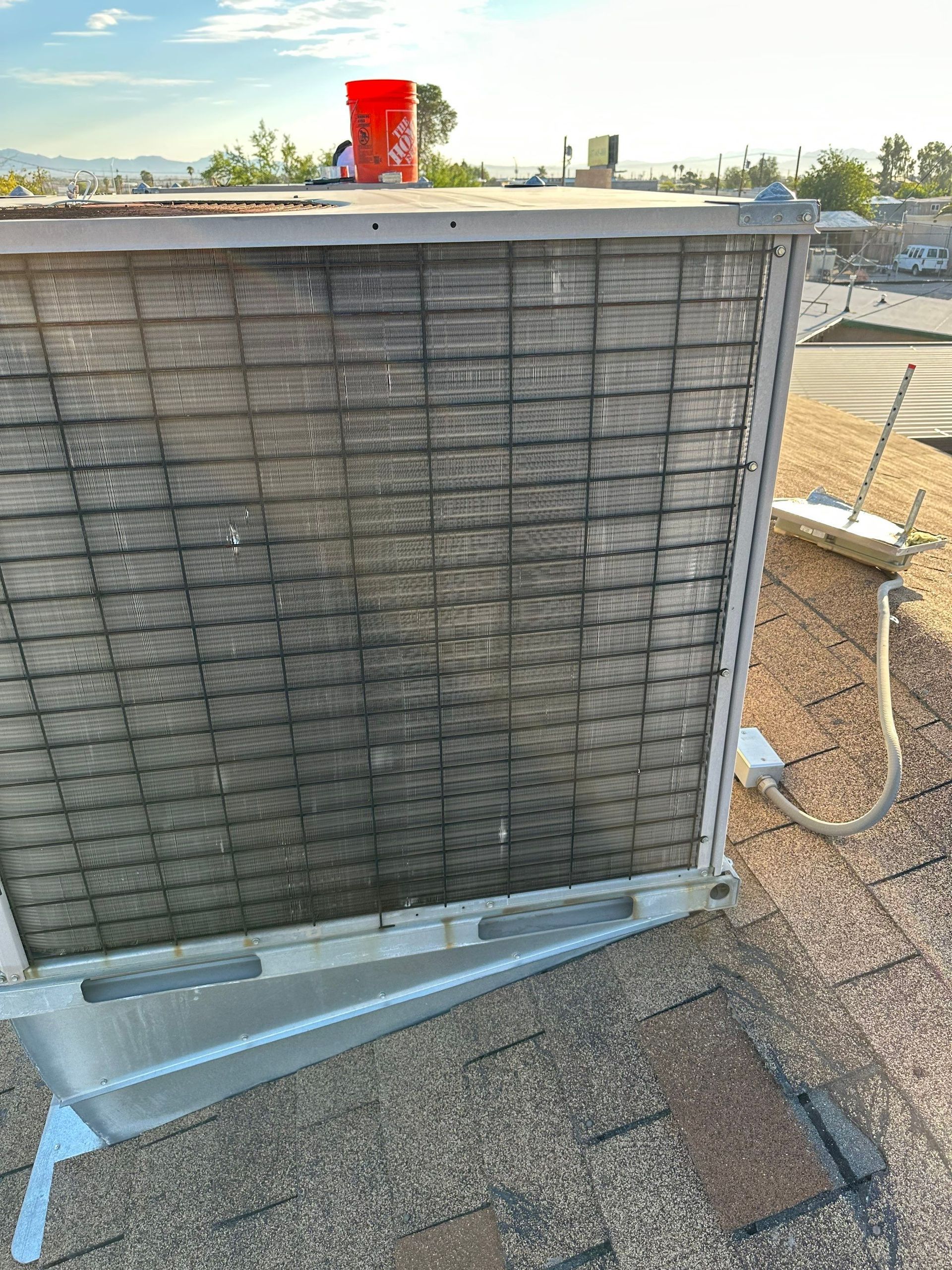
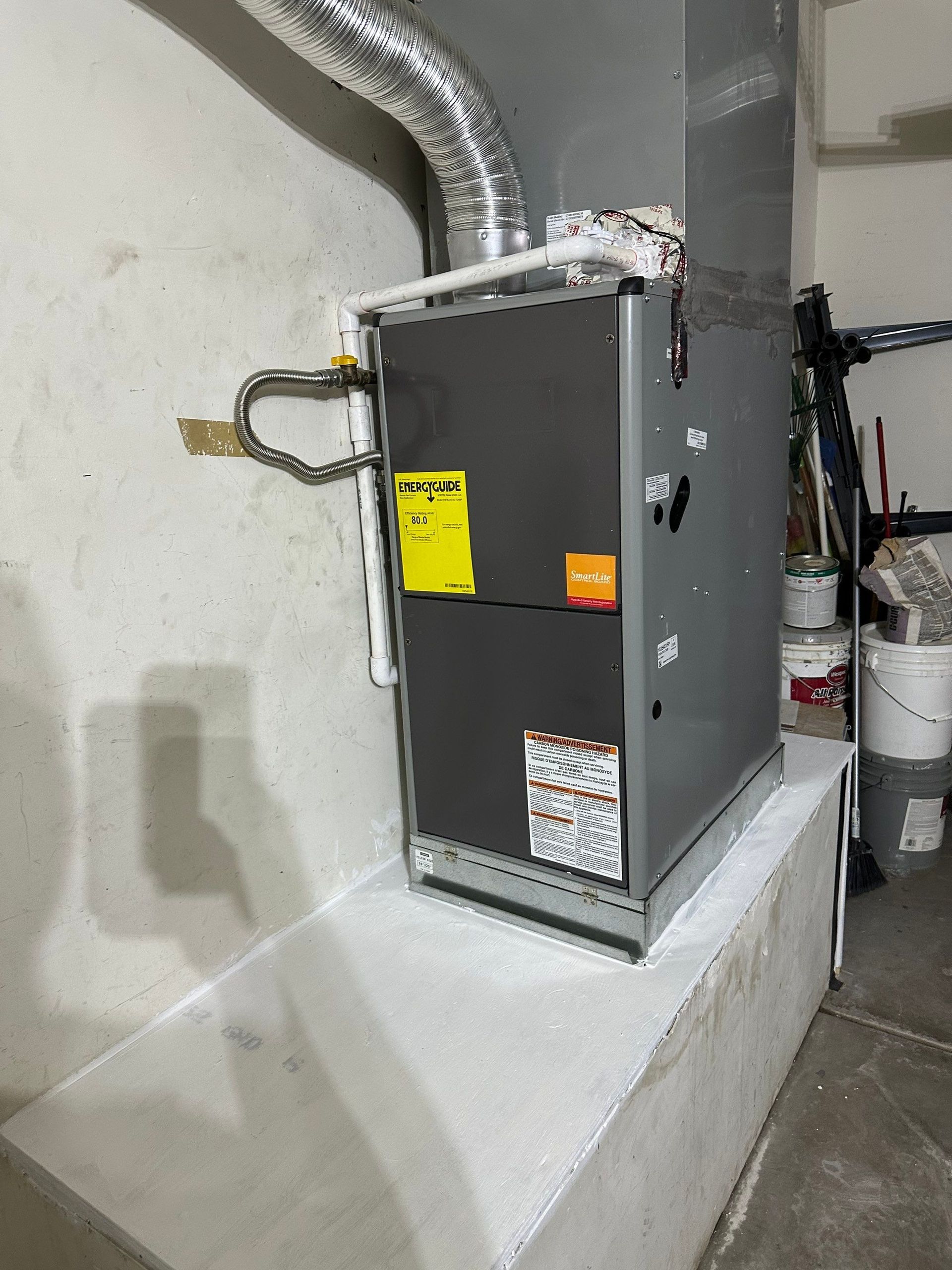
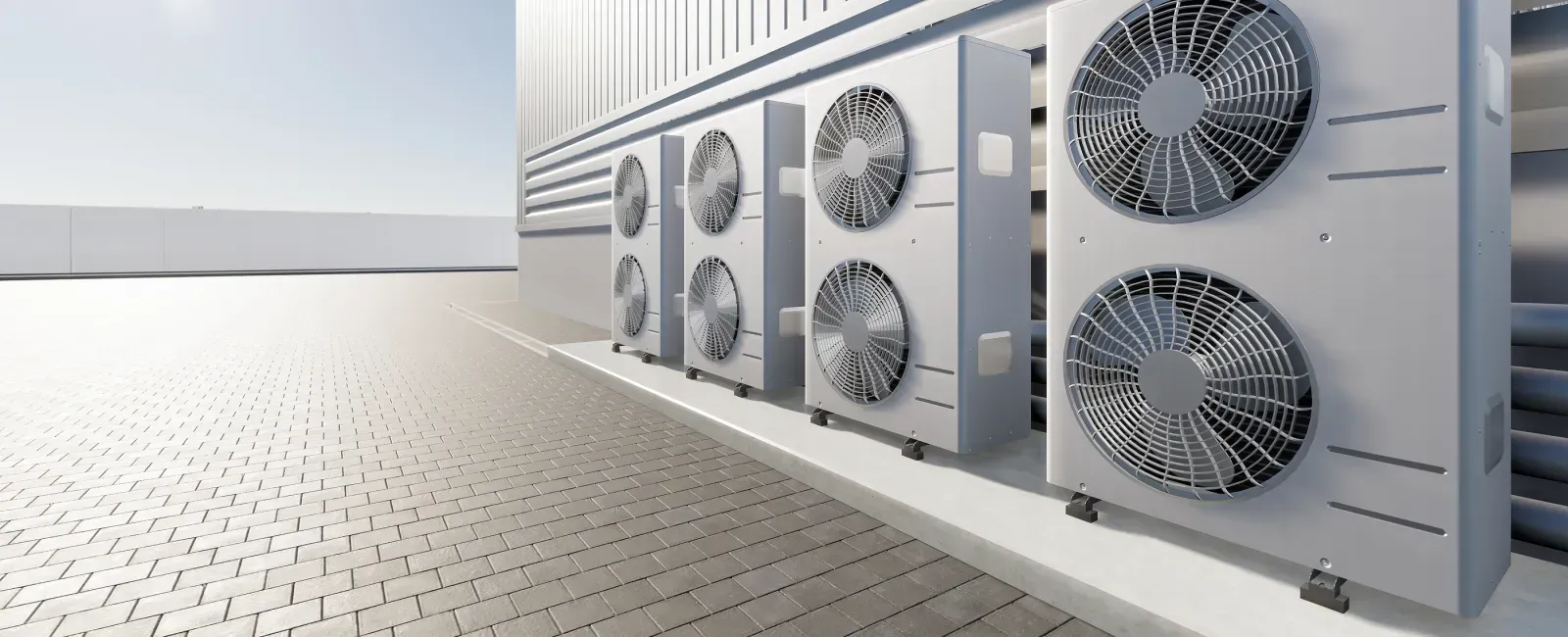
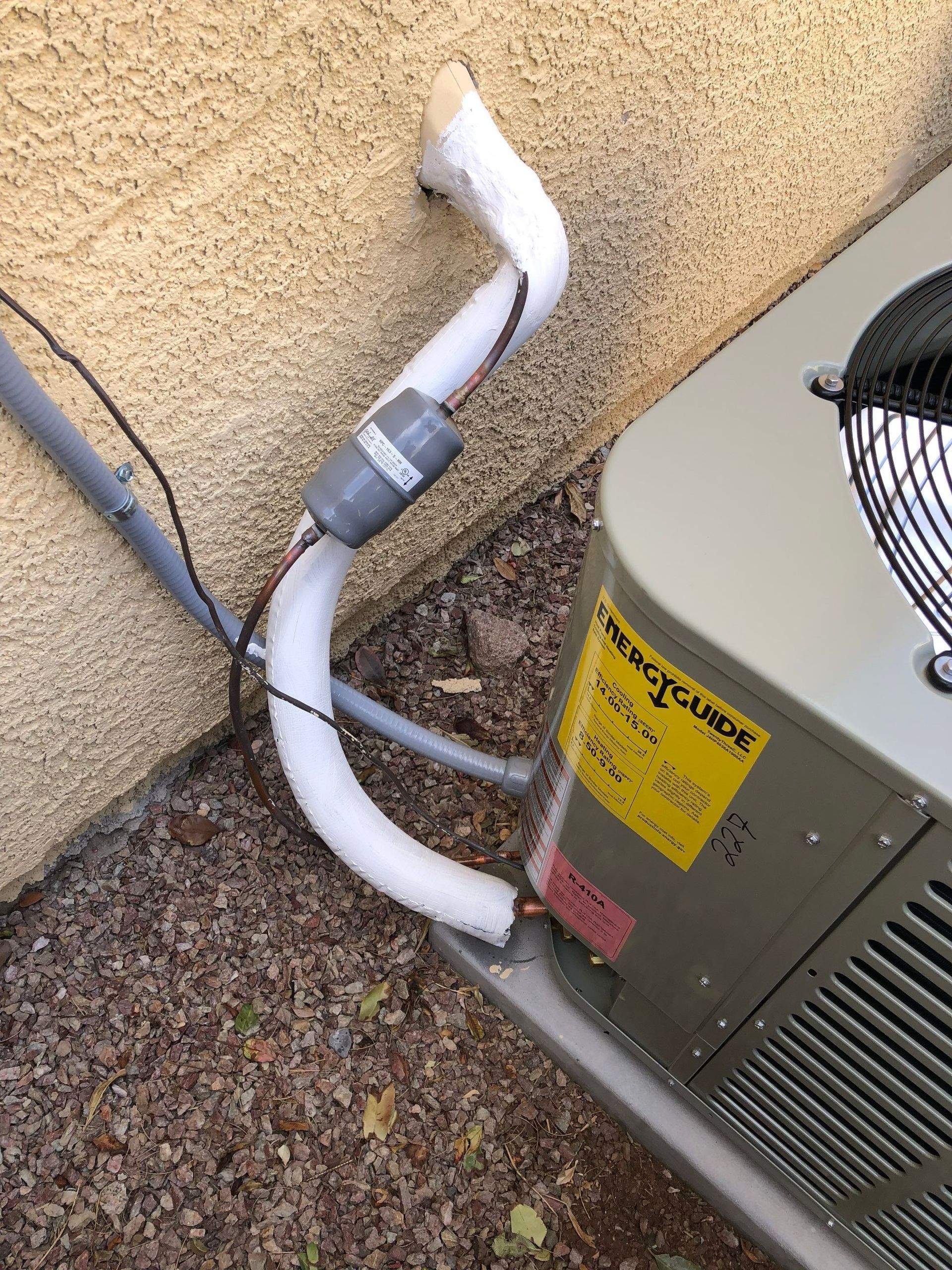
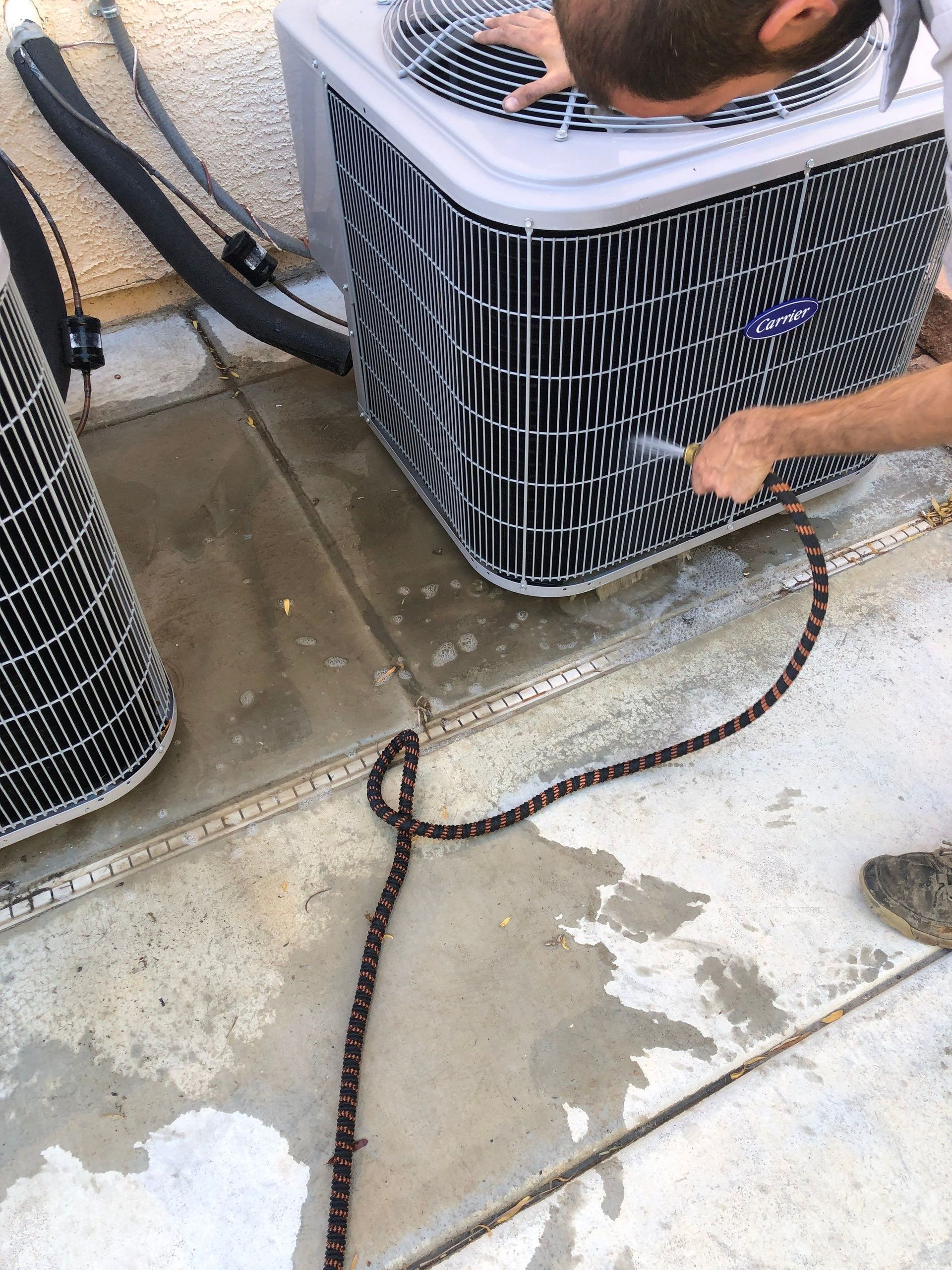
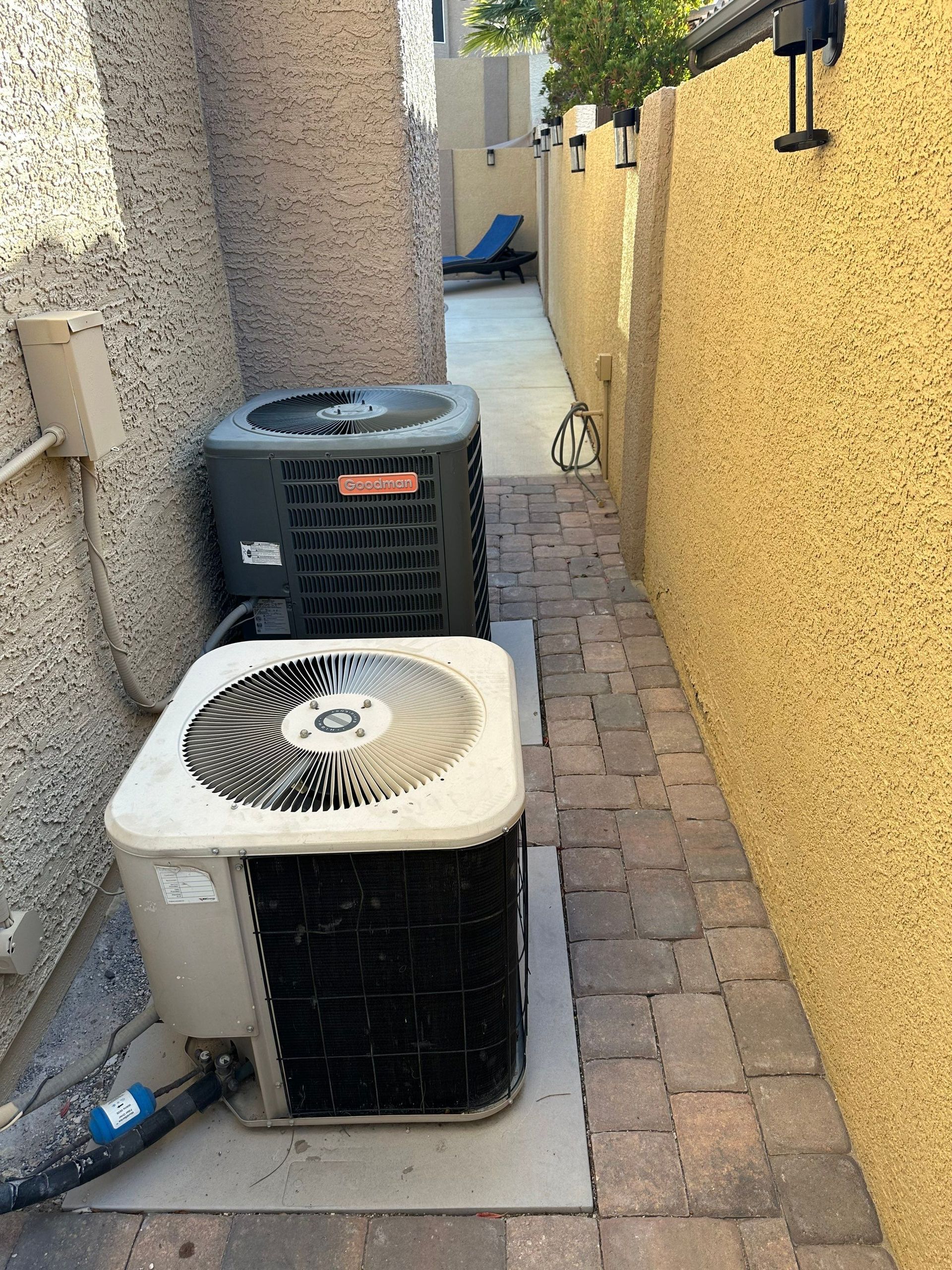
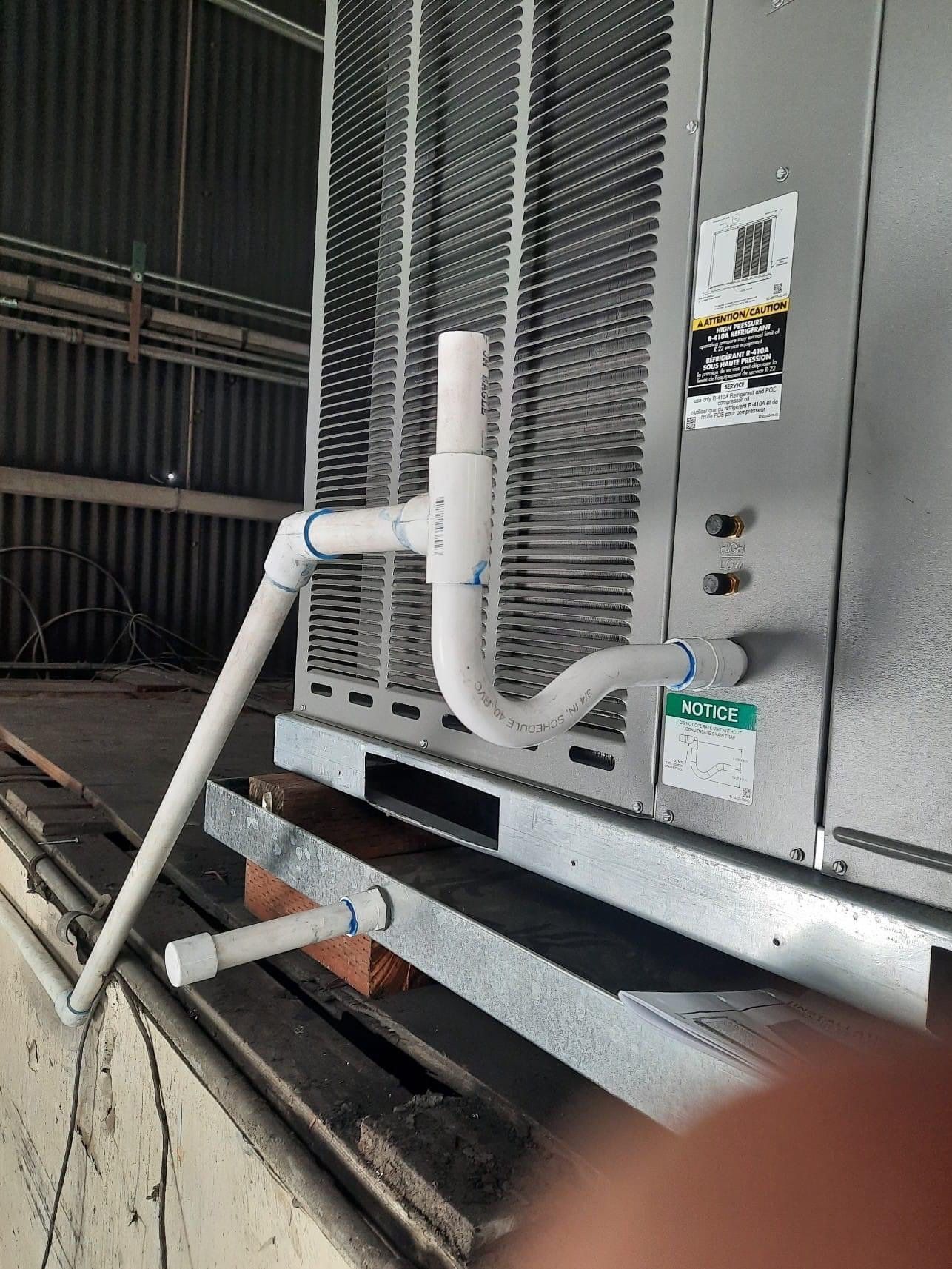
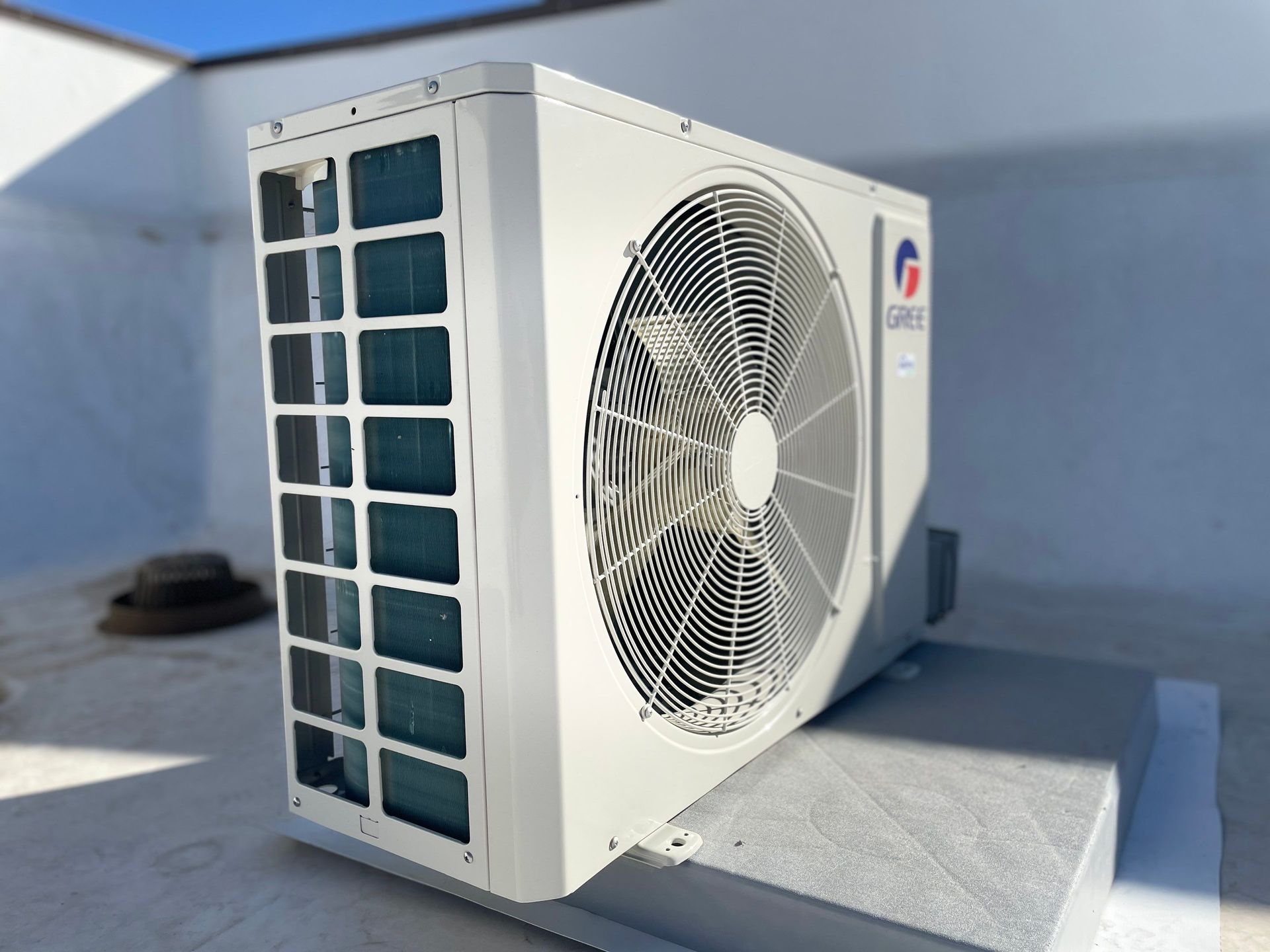
2504 Alma Lidia Ave
Las Vegas, NV 89032
office@32degreeslv.com
NEVADA LICENSE 0088234
Refer A Friend!!
>>$50 for Service or $100 For Install <<
All Rights Reserved | Managed By Kate Marketing
NEVADA LICENSE 0088234
Refer A Friend!!
>>$50 for Service or $100 For Install <<
All Rights Reserved | Managed By Kate Marketing
| Privacy Policy | Terms of Service | Sitemaps
Privacy Policy | Terms of Service | Sitemaps
All Rights Reserved | Site Managed By Kate Marketing

